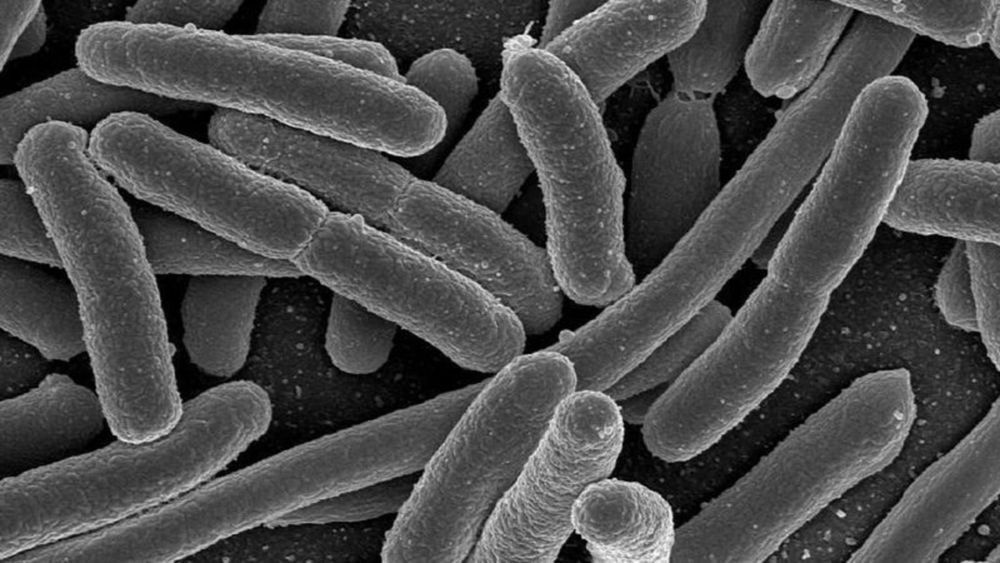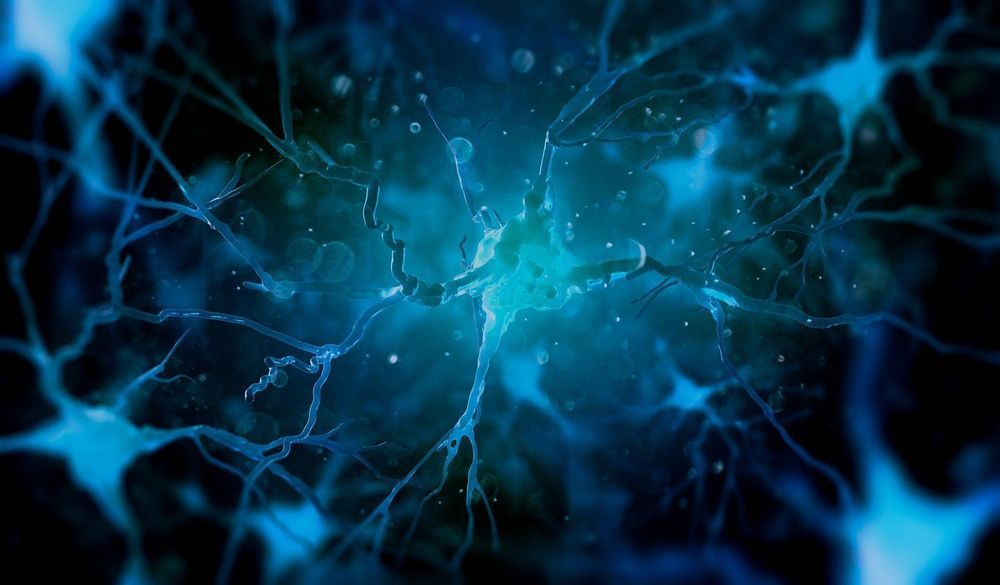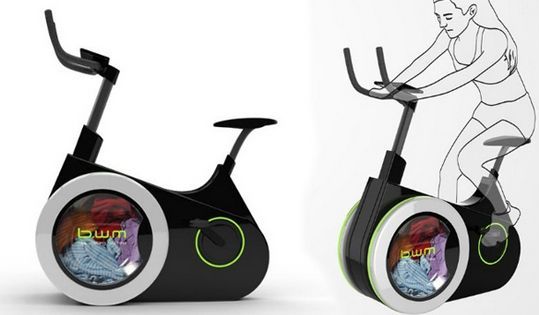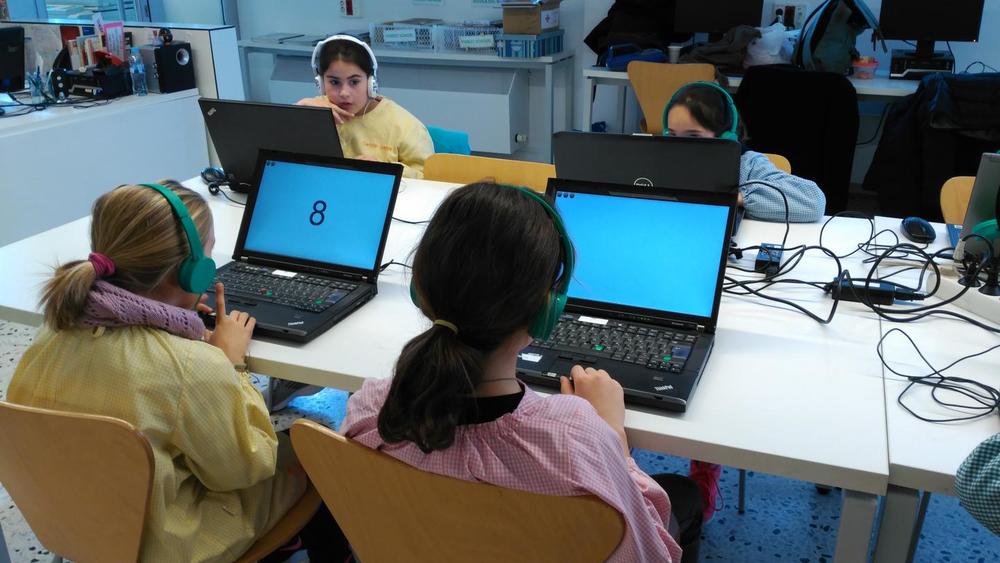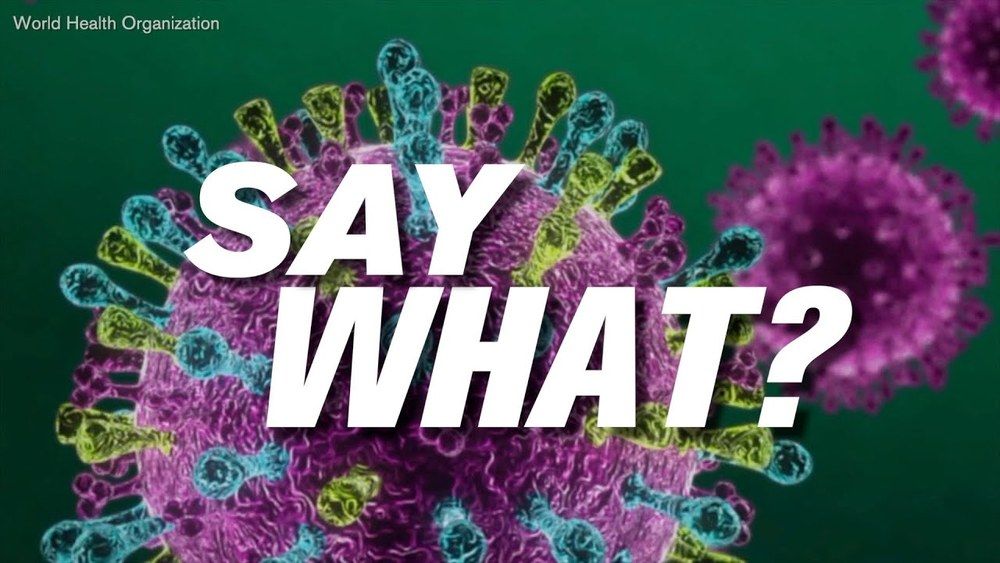The newest results from the Human Microbiome Project have revealed just how connected the microbes in our gut are to our overall health.
You have about as many bacteria and other microbes living in your body as your own cells—and yet, we still don’t understand much about how this microbiome relates to bodily function. Back in 2007, the National Institutes of Health kicked off the Human Microbiome Project, a $200 million effort to understand these microbes. Scientists have now published the results from the second phase of this project, designed to study how the microbiome interacts with the human body. These three studies, which examine preterm birth, inflammatory bowel disease, and pre-diabetes, demonstrate that microbiomes are unique to individuals and intimately tied to our health.
